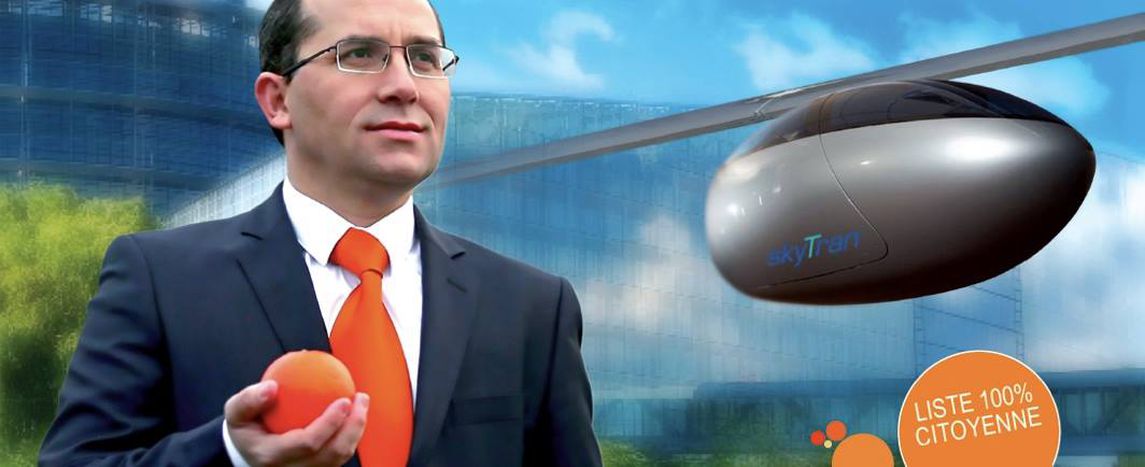
Turks in Strasbourg: Has Anyone Seen the Lost Politician?
Published on
Translation by:
Maria-Christina DoulamiTuncer Saglamer raised the hopes of the Turkish community in Europe. He got onto the city council advocating participatory democracy & multiculturalism. He even claimed to have created the first citizen movement. An interview with him appeared most intriguing. Unless Saglamer disappeared, of course. Which he did. And so begins the hunt for he who must not be named
Let's face it: in the European Union (EU) we have so many problems that it's too boring to keep on talking about them. Instead of discussing these dull issues, we prefer to search for breaths of fresh air that carry with them the scent of possible solutions. Those cases that raise our spirits and make us shout “there is hope!”.
In Strasbourg we found one such case. At a time when immigrants are already an essential part of European society, but still do not have adequate political representation (for example, of the 754 members of the European Parliament, only 15 are immigrant foreign origins), the French municipal elections saw the birth of a party that is both interesting and unusual for the Alsace region. The Citizen Movement of Strasburg (MCS) boasted among its core values the desire to develop a participatory democracy in which the citizen was at the heart of each project, as well as respecting and defending ethnic and cultural diversity.
Their leader, Tuncer Saglamer, was a politician born in Turkey, as were many of the members of his electoral list. Although he presented his party just a month before the election, Saglamer won 2.69% of the vote, more than double that of the 1% anticipated by pollsters, probably with the support of the city’s Turkish community, the largest in France. We would have loved for him to tell us of his extraordinary case, to explain his ideas on how to renew European democracy, how to make the immigrant community more active and create a democratic barrier against the extreme right... What could possibly go wrong? Well, Saglamer could disappear, for example, and that's exactly what happened.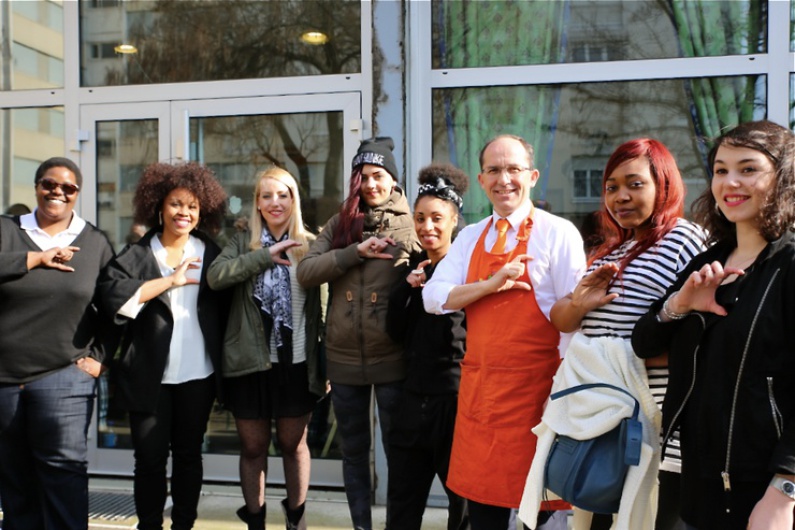
IN SEARCH OF THE MISSING CANDIDATE
After trying for weeks to contact him, his press secretary, members of his party, via email, via his website, on Facebook, and seeing each of my attempts slam into a brick wall, the first thing I did when I set foot in Strasbourg was to visit his party’s electoral office. I cannot say I was surprised to find the rooms completely empty. "His photo was there, but it was removed and now the place is once again for rent," the pharmacy next door confirmed.
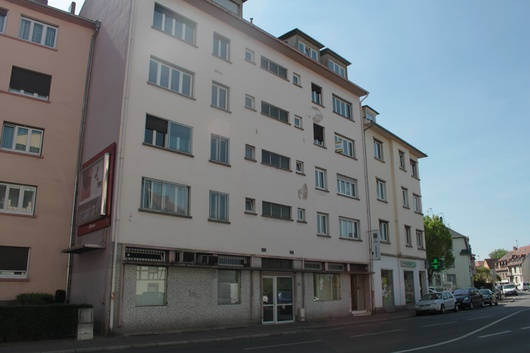 And now what? I don’t have any addresses to try, phones to call or emails to write to. I am in a working class neighborhood on the outskirts of Strasbourg, with a large immigrant population, so I try to find someone to help me solve the mystery of what happened to Saglamer, or to tell me where I could find him. However, the smiles and the eagerness of the Turkish salespeople disappear when I tell them I'm a journalist looking for Saglamer. "Yes, I know who he is but... You know I'm not interested in politics, I can't tell you anything about him", "He sounds familiar, but I don’t know anything about him, why don't you ask at the bakery?", "Saglamer? Yes, I know him, he's been a customer for a few years, but I know nothing of his party. Politics for the politicians." After many similar answers, I arrive at a Turkish supermarket where I finally find someone willing to talk to me.
And now what? I don’t have any addresses to try, phones to call or emails to write to. I am in a working class neighborhood on the outskirts of Strasbourg, with a large immigrant population, so I try to find someone to help me solve the mystery of what happened to Saglamer, or to tell me where I could find him. However, the smiles and the eagerness of the Turkish salespeople disappear when I tell them I'm a journalist looking for Saglamer. "Yes, I know who he is but... You know I'm not interested in politics, I can't tell you anything about him", "He sounds familiar, but I don’t know anything about him, why don't you ask at the bakery?", "Saglamer? Yes, I know him, he's been a customer for a few years, but I know nothing of his party. Politics for the politicians." After many similar answers, I arrive at a Turkish supermarket where I finally find someone willing to talk to me.
"What Saglamer did is very important for the Turkish community," says the butcher behind the counter, which emits freezing air. "It is an example of the fact that we are slowly thriving, that we Turks are here to work, that we can participate in politics," he explains. "Asil," interrupts his boss, who gestures that there is work to do. "Wait a moment, I’ll be with you in 10 minutes," the butcher tells me. While I am waiting, I see the boss approach him and tell him something in a low voice. When Asil returns, it's just to say that the conversation is over, "You know? I have nothing more to say. All that I could have said, I have already told you." I start to feel discouraged by these reactions. Why is everyone so afraid of talking to me about Saglamer? I expected to find the opposite reaction. However, I will not give up just yet, there is another site that might be a good place to go looking for Wally.
THE GREAT MOSQUE OF STRASBOURG
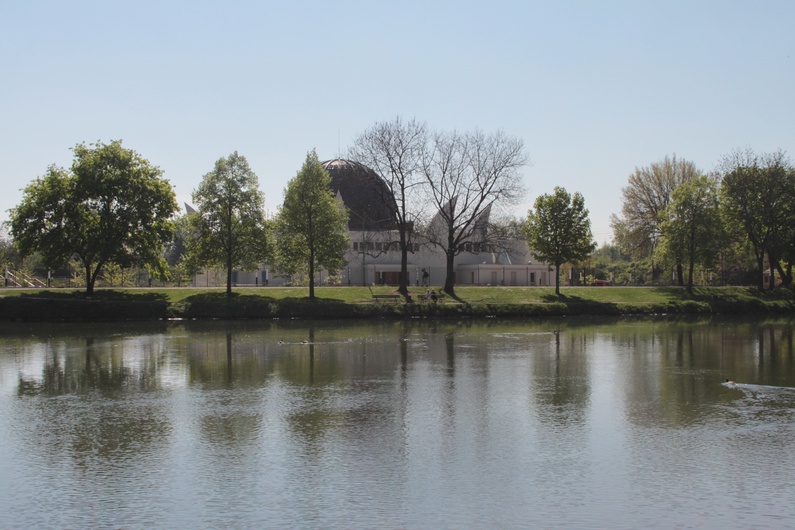 Located at the junction of two canals that cross the city, the Great Mosque of Strasbourg is the second largest in France. The dome and the unusual pillars that hold it rise up from behind the trees and vegetation on the river bank.
Located at the junction of two canals that cross the city, the Great Mosque of Strasbourg is the second largest in France. The dome and the unusual pillars that hold it rise up from behind the trees and vegetation on the river bank.
I meet the director of the mosque in the courtyard in front of the temple, talking to a few people after Friday prayers. He is a serious young man but friendly too, and he shows no hesitation in talking to me. "For us the most important thing is that people commit to democracy and are a part of it, if only to express their opinion through voting. We have tried to show that politics doesn't only take place in the closed circles of Paris," says the director. "If the candidate is Muslim, immigrant or neither, is something of less importance. The main thing is to find a space for reflection where everyone can feel useful. For example," he continues, "for Muslim believers this could be gardening, it is one of the Qur'anic principles".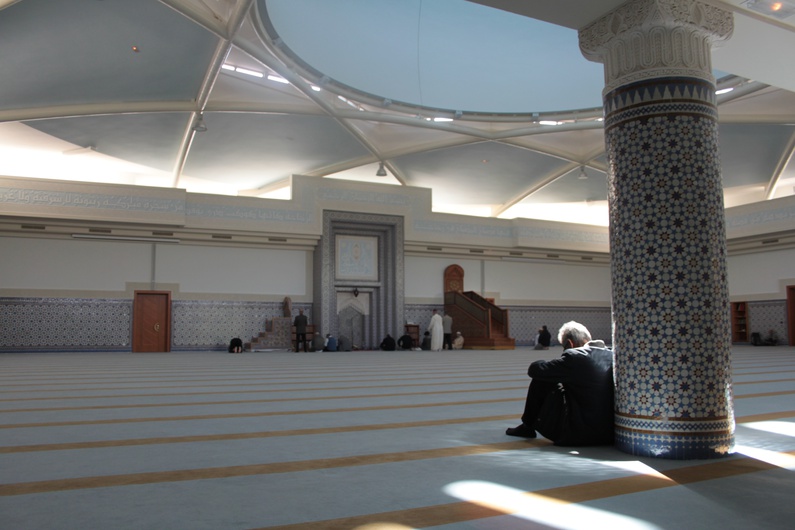
"WE WANT TO PARTICIPATE IN POLITICS, noT TO BE A POLITICAL GHETTO”
The director has given me some clues, but I do not want to leave Strasbourg without talking to Muharren Koç, director of Astu, , a cultural association that has supported Turkish workers in the capital of Alsace since the ‘70s. "Being French, being Muslim or being Spanish does not confine you to certain policies, it only makes you part of a community. But within that community, not all of the members have to have the same view of the world," explains Koç.
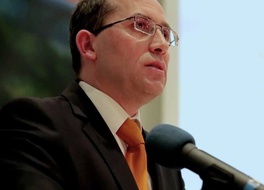 "It is increasingly common that political thinking only takes place within your community, but politics is not only about doing things just for your own interests, it is a collective field. Share your vision, your values," he continues. "You can create a political party to promote the immigrants' right to vote, to improve the regularization of the sans-papiers, their employment status, etc. but it is never done with the thought: I am an immigrant, I'm going to go into politics." He never mentioned Saglamer, but I get the message. Just to check, I ask him. "I know who he is, but I do not want to talk about him. I don’t have any contact with him or his group." Koç responds uncomfortably.
"It is increasingly common that political thinking only takes place within your community, but politics is not only about doing things just for your own interests, it is a collective field. Share your vision, your values," he continues. "You can create a political party to promote the immigrants' right to vote, to improve the regularization of the sans-papiers, their employment status, etc. but it is never done with the thought: I am an immigrant, I'm going to go into politics." He never mentioned Saglamer, but I get the message. Just to check, I ask him. "I know who he is, but I do not want to talk about him. I don’t have any contact with him or his group." Koç responds uncomfortably.
At this point, I think I can give up relying on Saglamer for this story. Will he reappear someday? I guess so, but this post-election silence, which is echoed by his official website and Facebook page (no updates since March) says more than any political discourse filled with good intentions. I would have liked to bring that breath of fresh air, that smell of solutions for Europe which we were talking about earlier, but instead I leave this story with a message: Beware of panaceas!
This article is part of a special series devoted to Strasbourg. It's part of EUtopia: Time to Vote, a project run by Cafébabel in partnership with the Hippocrène foundation, The European Commission, the Ministry of Foreign Affaires and the EVENS foundation.


Translated from Turcos en Estrasburgo: ¿Quién ha visto al político perdido?



